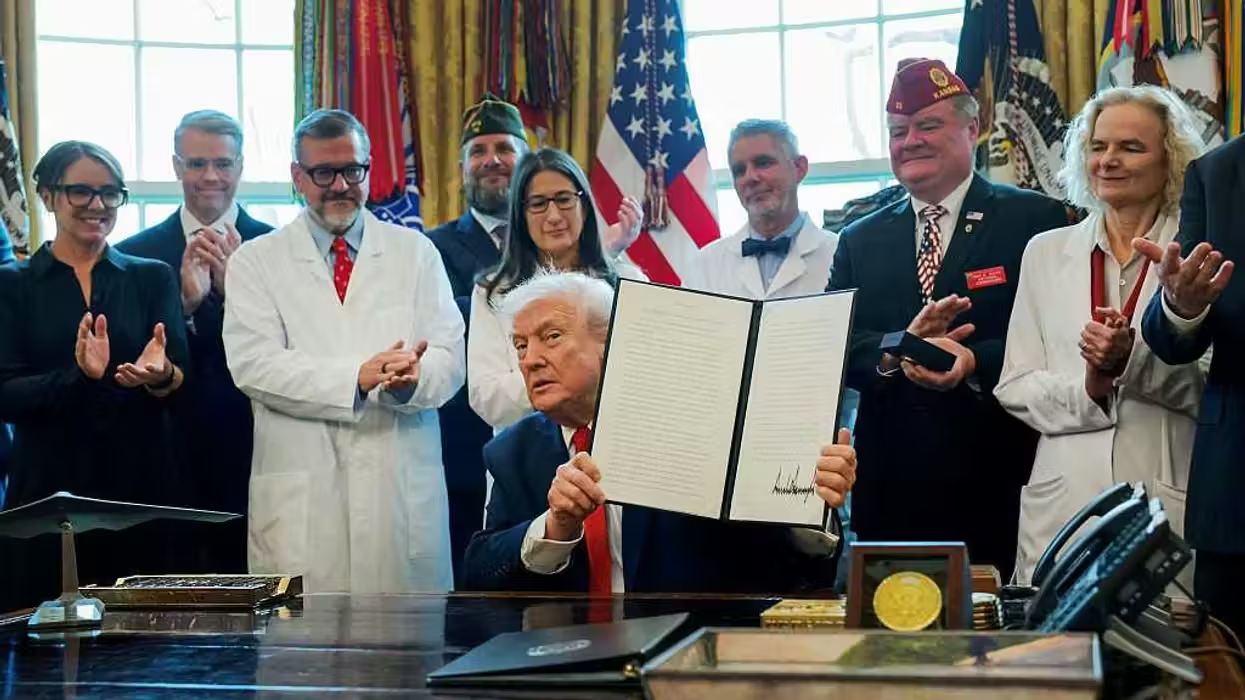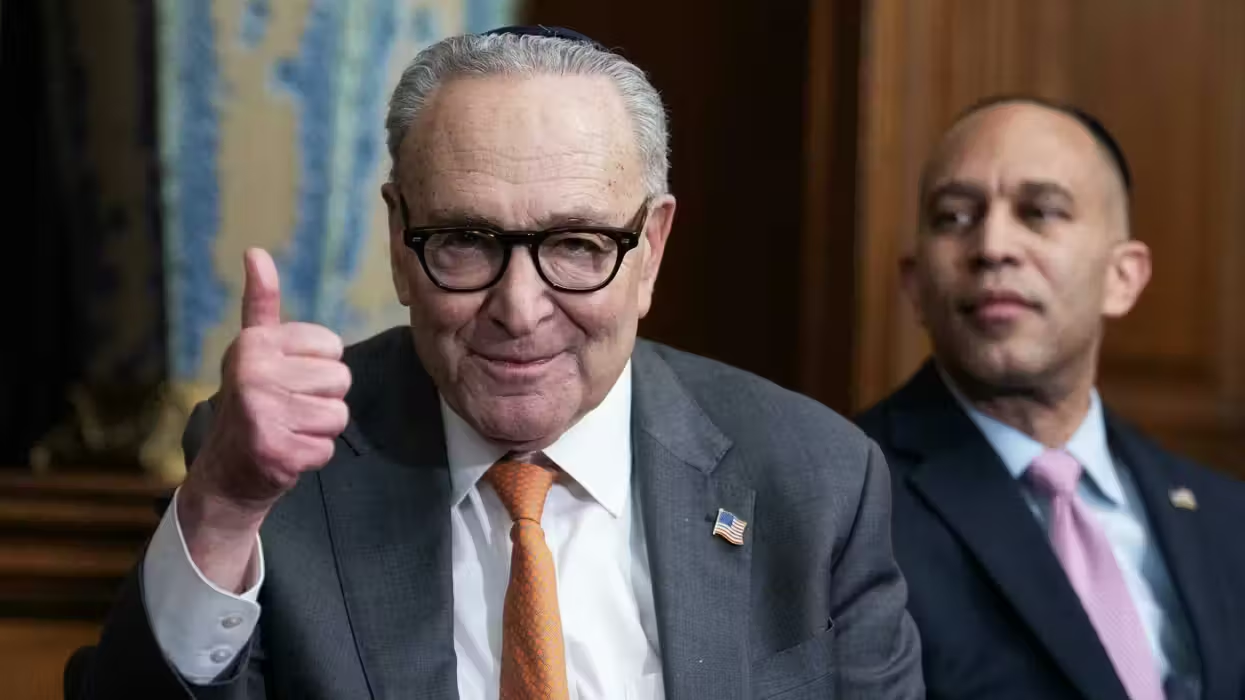
© 2025 Blaze Media LLC. All rights reserved.
Ten-year-old Sarah Murnaghan is recovering after a life-saving lung transplant earlier this week. Sarah has cystic fibrosis and her parents battled the government to get her on a list that would allow her to receive adult organs that she ordinarily would not have been eligible for. A federal judge in Philadelphia ruled last week to allow her to receive the transplant, side-stepping 30-year-old rules and protocols for organ transplants, opening up a debate on how we utilize these precious resources.
As Murnaghan's health was deteriorating, the judge intervened to allow her a chance to the much larger list of organs from adult donors. The Associated Press reports that the Murnaghan family and the family of another cystic fibrosis patient at the same hospital had challenged the existing transplant policy that made children under 12 wait for pediatric lungs to become available or be offered lungs donated by adults only after older patients on the waiting list had been considered. Critics say the judge's decision creates a precedent for special treatment that defies the system.
The Murnaghan ordeal has also led some commentators to question the 1984 National Organ Transplantation Act, which made compensation for organ donating illegal. With more than 88,000 Americans on the organ transplant waiting list, roughly 10 percent of which will die before receiving an organ, Walter Williams writes that we should reexamine our reliance on voluntary donations.
The mindless rhetoric used to support this policy is: “Organ transplantation is built upon altruism and public trust.” It's noteworthy that everyone involved in the organ transplant business is compensated -- that includes hospitals, surgeons, nurses and organ procurement workers. Depending on the organ transplanted, the charges range from a low of $260,000 for a kidney to about a million dollars for a heart or intestines.Many people are offended by the notion of human body parts becoming commodities for sale. There's at least a tiny bit of inconsistency because people do sell human blood, semen and hair. But let's think through the prohibition on organ sales by asking the question: How many other vital things in our lives do we depend on donations to provide? Food is vital, water is vital; so are cars, clothing, housing, electricity and oil. We don't depend on donations to provide these goods. Just ask yourself whether having a car, clothing or a house should be determined by the same principle governing organ transplants: “altruism and public trust.” If it were, there would be massive shortages.
Why should people have to depend on altruism and voluntary donations to provide something that one day they may need more urgently than food, water, cars, clothing or housing? All objections to organ sales reduce to nonsense, ignorance or arrogance. Let's look at some of them.
If people own their body, and body parts, should they not be able to sell them? Especially if it saves lives? On 'Real News' Friday the panel was joined by Oregon State University Hundere Professor in Religion and Culture, Courtney S. Campbell, to discuss this debate. Is there a respect for life angle current actors in the debate may be overlooking? Do current laws encourage a black market? Watch a clip from the segment below.
The full episode of “Real News” along with many other live streaming shows and thousands of hours of on-demand content is available on just about any digital device. Get it all with a FREE TRIAL.
Want to leave a tip?
We answer to you. Help keep our content free of advertisers and big tech censorship by leaving a tip today.
Want to join the conversation?
Already a subscriber?
more stories
Sign up for the Blaze newsletter
By signing up, you agree to our Privacy Policy and Terms of Use, and agree to receive content that may sometimes include advertisements. You may opt out at any time.
Related Content
© 2025 Blaze Media LLC. All rights reserved.
Get the stories that matter most delivered directly to your inbox.
By signing up, you agree to our Privacy Policy and Terms of Use, and agree to receive content that may sometimes include advertisements. You may opt out at any time.






